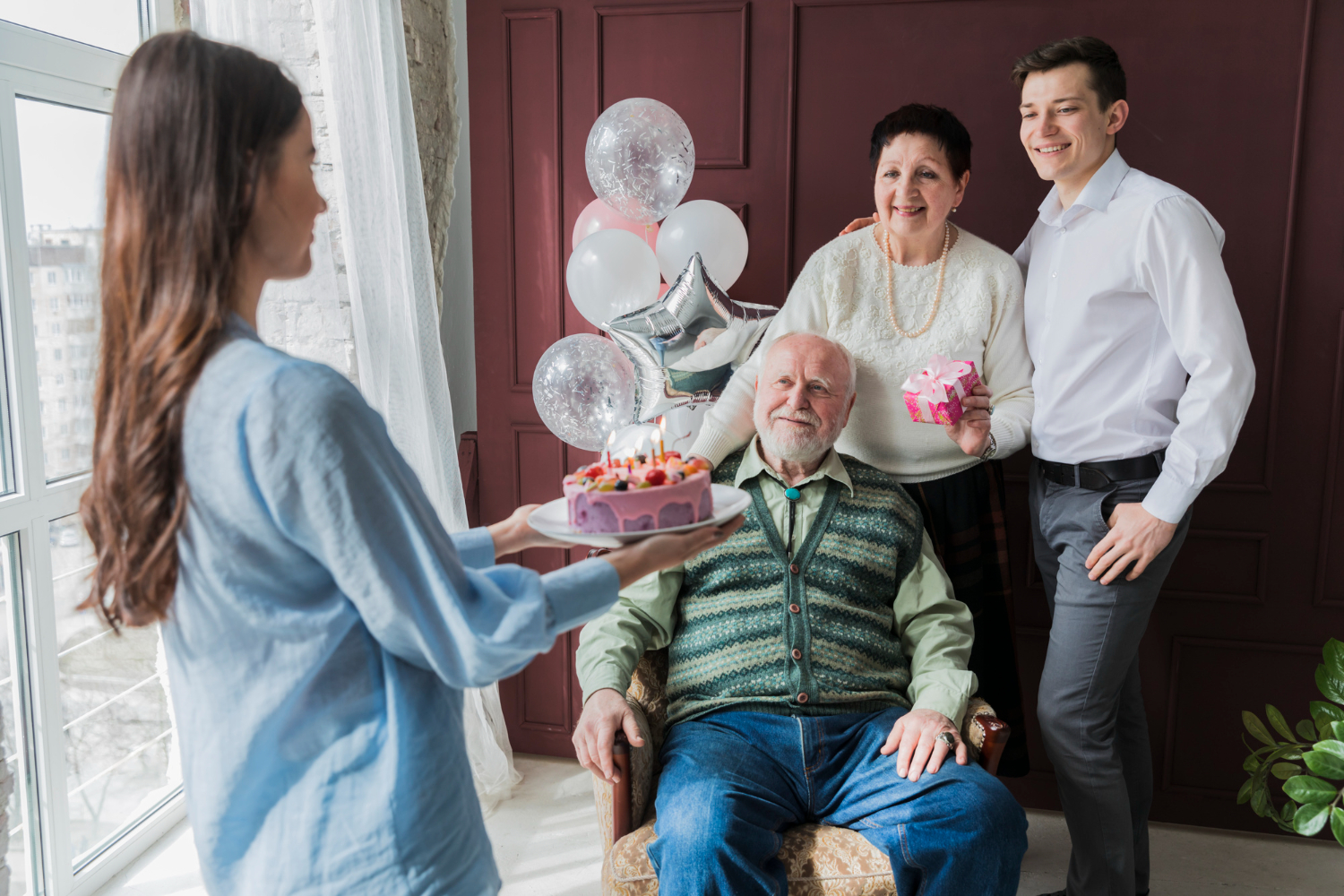Enhancing Quality of Life in Aged Care

Aged care is not just about providing a safe place for older adults. It is about preserving dignity, supporting personal autonomy, and ensuring emotional well-being. As a business in the aged care sector, you hold the responsibility of making daily life as meaningful and fulfilling as possible for those in your care.
Why Dignity Matters
Dignity is not a luxury; it is a right. No one wants to feel like a burden or an afterthought. When dignity is preserved, older adults feel respected and valued. Small actions make a big difference—calling someone by their preferred name, listening without interrupting, and respecting their choices.
Think of it this way: If someone rearranged your desk at work without asking, you would feel a little frustrated, right? Now, imagine how an aged care resident feels when their personal choices are ignored. Respecting their preferences fosters a sense of self-worth and confidence.
.png)
Supporting Personal Autonomy
Just because someone moves into aged care does not mean they should lose control over their own life. Choice is power, and everyone deserves to have a say in their daily routine. From deciding what to wear in the morning to choosing their meals, personal autonomy keeps individuals engaged and independent.
Encourage residents to participate in decision-making. Give them options rather than making assumptions. Even small decisions—like picking their own TV shows or participating in social activities—can bring a sense of normalcy and joy.
The Role of Emotional Support
Loneliness can creep in when someone moves away from their familiar environment. Providing emotional support is just as important as meeting physical needs. A simple chat over a cup of tea or a shared laugh can lift someone’s spirits more than you might realize.
Companionship, meaningful interactions, and community engagement are essential in aged care. Staff members should be more than caregivers; they should be friends, listeners, and a source of warmth in the residents’ lives.
Practical Ways to Improve Life Quality
Now that we understand the core elements of quality aged care, let us talk about what you can do to bring it to life.
1. Communication is Key
Miscommunication can lead to frustration and distress. Take the time to listen, engage, and respond with empathy.
- Speak clearly and respectfully.
- Maintain eye contact and show genuine interest.
- Encourage residents to share their thoughts and feelings.
2. Encourage Hobbies and Interests
Everyone has a passion, and these interests should not be lost with age. Whether it is painting, gardening, or music, keeping hobbies alive adds joy and purpose to daily life.
- Organize art and craft sessions.
- Arrange book clubs or storytelling sessions.
- Allow residents to contribute their skills in meaningful ways.
3. Respect Personal Space and Belongings
Aged care should feel like home, not a facility. A resident’s room is their private sanctuary.
- Always knock before entering.
- Let them personalize their space with photos and keepsakes.
- Avoid moving personal items without permission.
4. Mealtime Should Be Enjoyable
Food is more than just nutrition; it is a source of comfort and connection. Choice and variety make a huge difference.
- Offer meals that cater to cultural and personal preferences.
- Allow residents to eat at their preferred times.
- Create a warm, social atmosphere around mealtime.
5. Train Staff to Be Compassionate
Technical skills are important, but compassion is what truly makes a difference. A caring and kind approach can change the entire aged care experience.
- Encourage patience and understanding.
- Teach staff how to handle sensitive conversations.
- Recognize and reward kindness within the team.
.png)
Aging with Respect and Comfort
Aged care should not be about just meeting needs—it should be about creating happiness and preserving dignity. With thoughtful actions, clear communication, and a warm environment, life in aged care can be fulfilling and full of joy. It is not about adding years to life but about adding life to years.
Every resident has a story, a lifetime of experiences, and a personality that deserves recognition. When you provide care with dignity, respect, and emotional support, you are not just improving their days—you are making a real difference in their lives.